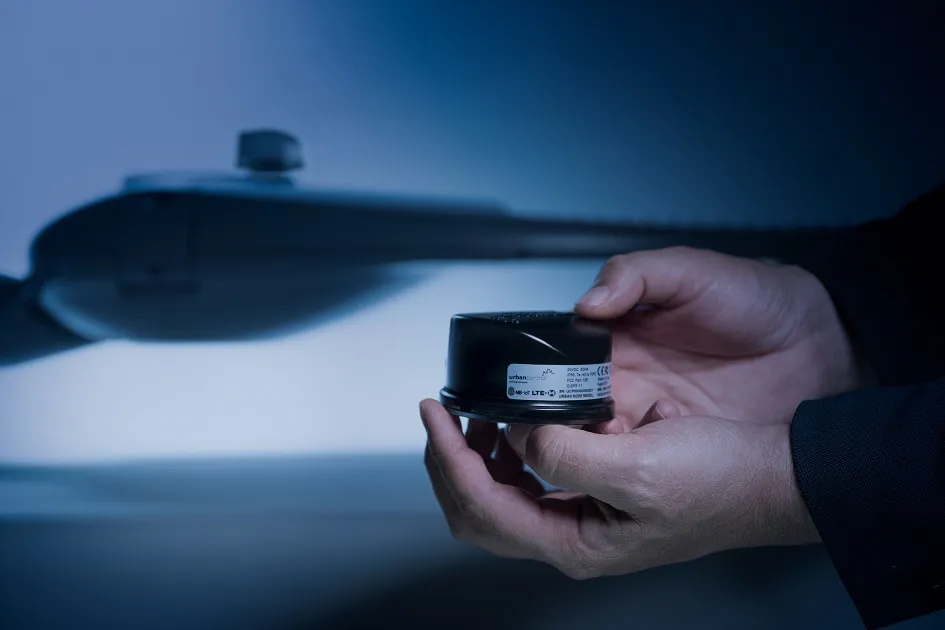Smart city solutions provider Telensa has announced a major new smart parking deployment in Minsk, Belarus.
Led by Russian partner Gorizont-Telecom, the deployment will lead to smart parking technology in more than 3,000 parking spaces across the capital. The solution has been built on Telensa ultra narrow band (UNB) wireless technology and involves small battery-powered sensors set into the road surface of each street parking space. These sensors detect when a vehicle is parked above them and wirelessl
October 20, 2015
Read time: 2 mins
Smart city solutions provider 7574 Telensa has announced a major new smart parking deployment in Minsk, Belarus.
Led by Russian partner Gorizont-Telecom, the deployment will lead to smart parking technology in more than 3,000 parking spaces across the capital. The solution has been built on Telensa ultra narrow band (UNB) wireless technology and involves small battery-powered sensors set into the road surface of each street parking space. These sensors detect when a vehicle is parked above them and wirelessly communicate with laptop-sized Telensa base stations, each of which looks after thousands of sensors over a range of up to 8 kilometres. The sensors have a battery life of five years, even in the challenging low temperatures of a Minsk winter.
The real-time occupancy data from the sensors is used to inform three cloud-based systems. The central administration system provides the city with detailed analytics on capacity trends and bottlenecks, the phone app helps drivers find spaces and so reduces pollution, while the civil enforcement officer app reduces the cost of enforcement by directing officers to precisely where infringements are taking place in real time.
Telensa CEO Will Gibson said, “Smart city applications won’t become ubiquitous until a multi-purpose wireless technology emerges that can be deployed easily, that works reliably at massive scale and that delivers a compelling business case. Telensa UNB increasingly looks like the catalyst to make all cities smart and we’re delighted to see Minsk and Gorizont at the forefront of this movement.”
Led by Russian partner Gorizont-Telecom, the deployment will lead to smart parking technology in more than 3,000 parking spaces across the capital. The solution has been built on Telensa ultra narrow band (UNB) wireless technology and involves small battery-powered sensors set into the road surface of each street parking space. These sensors detect when a vehicle is parked above them and wirelessly communicate with laptop-sized Telensa base stations, each of which looks after thousands of sensors over a range of up to 8 kilometres. The sensors have a battery life of five years, even in the challenging low temperatures of a Minsk winter.
The real-time occupancy data from the sensors is used to inform three cloud-based systems. The central administration system provides the city with detailed analytics on capacity trends and bottlenecks, the phone app helps drivers find spaces and so reduces pollution, while the civil enforcement officer app reduces the cost of enforcement by directing officers to precisely where infringements are taking place in real time.
Telensa CEO Will Gibson said, “Smart city applications won’t become ubiquitous until a multi-purpose wireless technology emerges that can be deployed easily, that works reliably at massive scale and that delivers a compelling business case. Telensa UNB increasingly looks like the catalyst to make all cities smart and we’re delighted to see Minsk and Gorizont at the forefront of this movement.”








